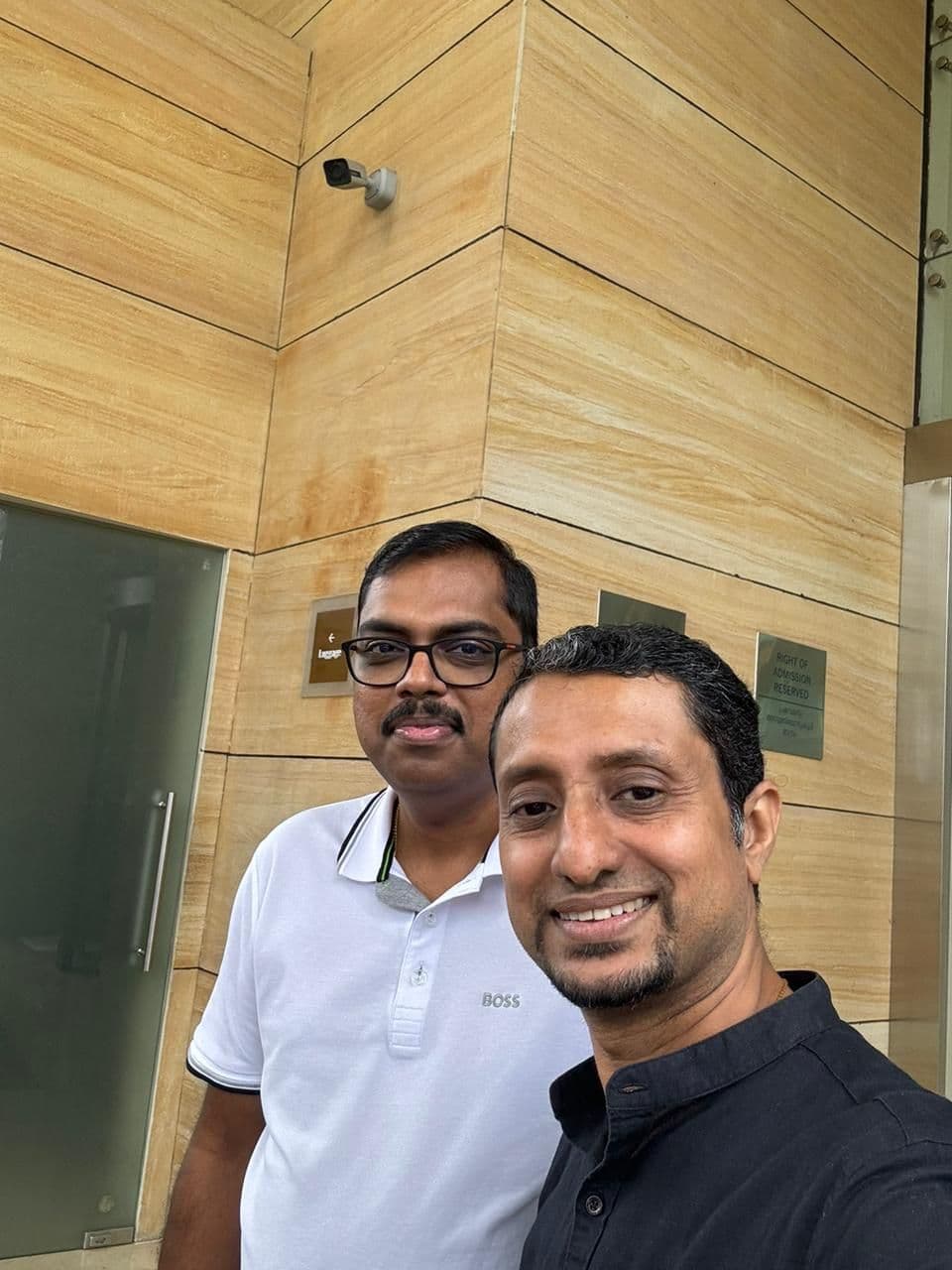
When I was 25 years old, life felt like a big adventure with so many choices and dreams to chase. It was exciting but also sometimes scary. Looking back, I wish I knew some important things that could have made life easier.
In this blog, I'll share nine important skills I think everyone should learn in their mid-twenties. These are simple ideas I've learned from my own experiences—like trying new things, facing weaknesses, and making good friendships.
Let's explore these skills that can help us grow and make life more enjoyable
- Break Your Comfort Zone Periodically
If you want to be successful in life. The first important thing you have to do is letting go of the comfort zones. It is where you feel safe and familiar, but they can hold you back from your life. When I was in the mid-twenties, I was scared to take risks because I didn’t want to fail or feel uncomfortable.
When you do new things, like taking on new tasks at work, travelling alone, or learning a new skill, you are more likely to grow both personally and professionally. Stepping out of your comfort zone every then and now, will benefit you with surprising turns and rewarding experiences in your life.
- Encounter Your Weaknesses Rather Than Hiding Them
Every individual has their own weaknesses and strengths within them. But, not everyone admits it, especially the weakness. In reality, working on your weaknesses can turn them into your strengths.
Being aware of your own weaknesses is important. It helps you see where you need to get better and find help or guidance to improve. Accepting your weaknesses can help you grow a lot and become a great person.
- Be Kind and a Model If in a Leadership Position
People often don't realise the importance of kindness in leadership. When I was young, I was more focused on hitting targets and finishing tasks on time. But, now I know that being kind and caring as a leader makes the workplace better and encourages others.
Leading by example, showing empathy, and supporting your team helps build trust and teamwork. Being kind as a leader is not a weakness at all, rather it's a strength that helps everyone work well together and be productive.
- Trust is Key, But Boundaries Matters Too
Trust plays an important role in a relationship, but it can also play the reverse effect. Being open is good for strong relationships, but you also need to set certain boundaries. The younger self of mine believed in sharing my thoughts and feelings with everyone, and sometimes it can hurt you badly.
It is very crucial to be careful of the person whom you are trusting and how much you share. Protecting your deepest thoughts and feelings can keep you safe from getting hurt. Share your secrets only with people who have shown they deserve your trust.
- Balance Personal Goals With Career Choices
First of all you need to know the difference between personal and professional goals. When I was in my mid-twenties, I often mixed them up and made choices that didn’t fit my overall goals. Personal happiness and job success didn’t always go hand in hand.
Hence, you need to think carefully about your decisions first. Take out some time to figure out what matters to you in your personal life and what you want to do in your career as well. This helps you make better choices that support both your personal happiness and professional growth.
- Use ambition for success, open to feedback for growth
Sometimes ego’s can help you get better, sometimes it can make things worse also. When I was young, my ego made me stubborn and I missed chances to work with others. It’s very important to control your emotions and use them in a good way.
Don’t let it take over your intelligence, don’t feel you are too important. Instead, use it to push yourself and overcome challenges. A healthy ego gives you the confidence to achieve your goals while still listening to others and learning from them.
- Don’t Get Into Relationships That Can’t be Maintained
Relationships need time, effort, and commitment. When I was young, sometimes I started relationships without thinking if I could keep them going. This often caused stress and emotional trauma.
It is important to be honest about whether you can really put time and effort into a relationship. Making sure you can take care of a relationship, helps prevent headaches and create healthier connections. Respect and understanding each other are key to having a happy and strong relationship.
- Learn From Each Setback, Not The Emotions It Brings
Everyone makes mistakes sometimes, And, that is absolutely okay. When I was younger I used to feel really bad when things didn’t fall into place. I thought it was happening because I wasn’t good enough. That doesn’t mean that I'm not good. By looking closely at my mistakes, I learned a lot of things, eventually making me better at things I do. It’s important to stay strong when things go wrong and learn from them. That helps me grow and do even better in the future.
- Find Successful Mentors In Your Field
Sometimes, we believe people on social media too much. They say they’re great at something, but in reality they don’t really have much to prove it. When I was in my mid-twenties, I used to admire these kinds of people too much. They seemed very successful, but in reality they didn’t do much to prove the fact.
Find real people and mentors who have actually achieved great things in their lives and are honest. They can give you really good advice and inspire you to do well on your journey.
When I was 25, life felt like an adventure with lots of choices and dreams to chase. It was exciting but also a bit scary sometimes. Looking back, I wish I knew some simple ideas that could have made things easier.
First, trying new things, like new tasks at work or learning skills, helps you grow.
Second, it's okay to work on things you're not so good at. That's how you get better!
Third, being kind as a leader makes work better for everyone.
Fourth, trust is important, but be careful about who you share your feelings with.
Fifth, think about what makes you happy personally and professionally.
Sixth, don't let your ego get in the way. Stay humble and open to learning.
Seventh, be honest about whether you can commit to a relationship.
Eighth, it's okay to make mistakes. Learn from them to do better next time.
Finally, find mentors who really achieved something and can guide you well.
As you think about your own life, what tips would you give your younger self?

How Great Leaders Handle Difficult Decisions

The Intersection of Leadership and Sustainability in Healthcare

How Transparency Could Fix India’s Real Estate Problems
